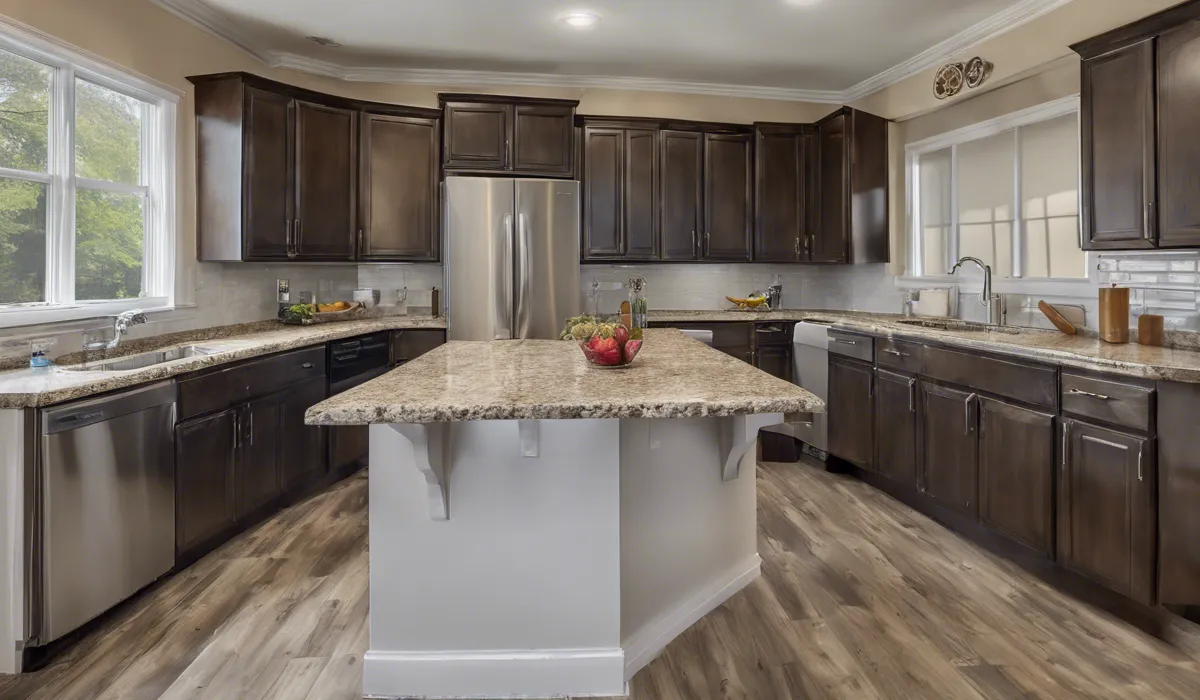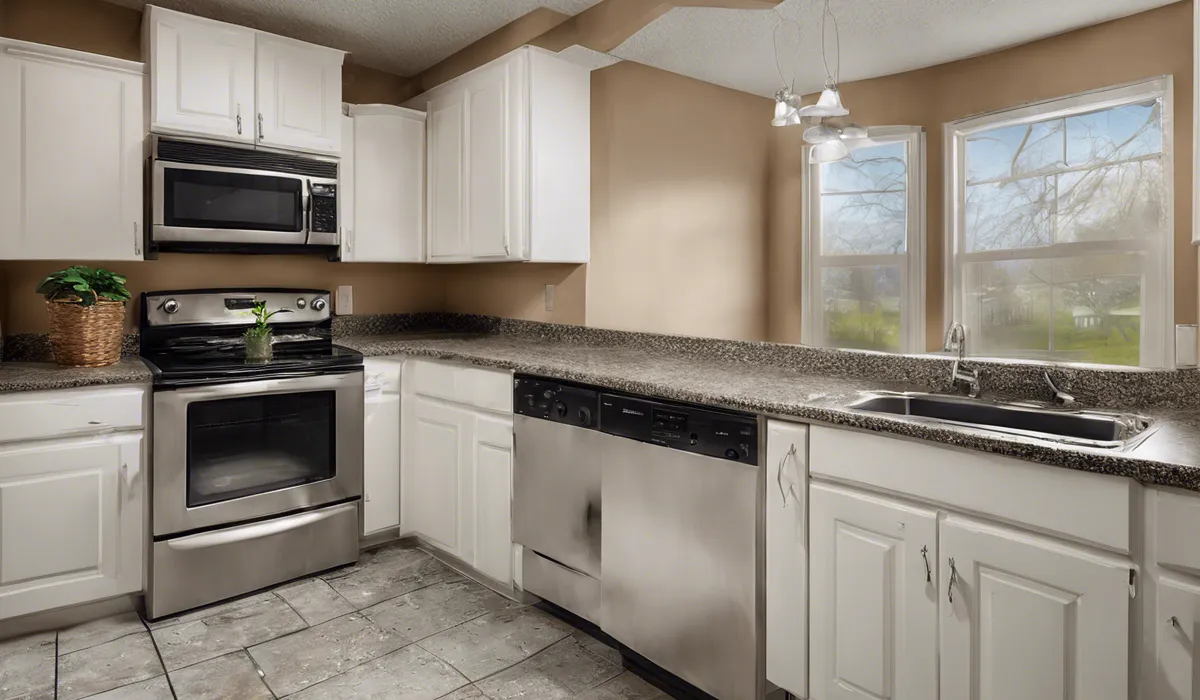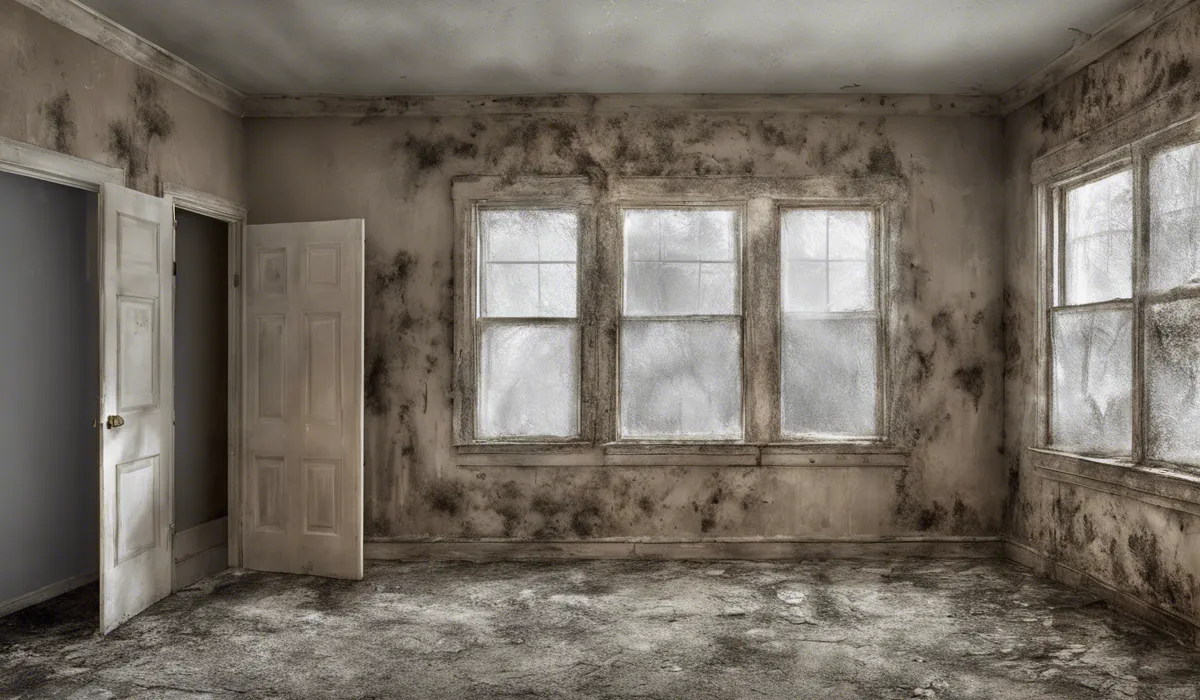Landlords are typically responsible for mold remediation if it’s due to property issues like leaks or poor ventilation. However, tenant behavior contributing to mold may shift responsibility. Laws vary by location, so local statutes should be consulted for specifics.
Understanding Mold Responsibility in Rental Properties

Defining Mold and Its Causes
Mold is a type of fungus that can grow indoors and outdoors. It thrives in moist environments and can spread quickly if not addressed.
Causes of mold in homes include water leaks, high humidity, and condensation, often due to poor ventilation.
Mold spores are always in the air, but they only grow into mold when they land on wet surfaces.
Landlord’s Duty to Provide a Habitable Living Environment
Landlords must ensure that rental properties are safe and livable. This means they must fix problems like leaks and poor ventilation that can cause mold.
If a landlord does not take care of these issues, they are not meeting their duty to provide a habitable space.
Tenant Responsibilities Regarding Cleanliness and Reporting Issues
Tenants should keep their homes clean and free of excess moisture. They must also tell their landlords about any mold or moisture problems right away. This helps prevent mold from growing and spreading.
Impact of Mold on Health and Property Value
Mold can cause health problems, especially for people with allergies or asthma. It can also make a home less valuable.
Landlords and tenants both have a reason to keep mold away to protect health and the property’s worth.
State Laws and Regulations Concerning Mold in Rental Properties
Laws about mold in rental homes are different in each state. Some places have strict rules about testing and fixing mold problems.
Tenants and landlords should learn about these laws to know their rights and duties.
Differentiating Between Normal Wear and Tear vs. Negligence
Normal wear and tear happen over time in all homes. But negligence means someone did not take care of the property properly.
If mold is due to negligence, the person who did not take care might be responsible for fixing it.
Landlord’s Responsibilities for Mold Remediation

Immediate Steps a Landlord Should Take Upon Notification of Mold
When a landlord learns about mold, they should look at the problem right away. They must figure out where the mold is coming from and how to fix it.
Quick action can stop the mold from getting worse.
Professional Inspections and Testing for Mold
Landlords might need to hire experts to test for mold. These professionals can tell how bad the mold is and what caused it. This helps the landlord know the best way to get rid of the mold.
Hiring Qualified Professionals for Mold Removal
Removing mold should be done by people who know how. Landlords should hire qualified mold removal experts to clean up the mold safely and effectively.
Preventative Measures and Maintenance to Reduce Mold Risk
Landlords can help prevent mold by keeping the property in good shape. This includes fixing leaks, making sure there’s good airflow, and keeping humidity levels low.
Landlord’s Liability for Mold Issues
If a landlord does not take care of mold problems, they might be responsible for any harm caused. This can include health issues or damage to a tenant’s belongings.
Insurance Considerations for Mold Damage
Landlords should check their insurance to see if it covers mold damage. This can help pay for mold cleanup and repairs if needed.
Tenant’s Role in Mold Prevention and Reporting

Maintaining Proper Ventilation and Humidity Levels
Tenants can help stop mold by keeping air moving in their homes and not letting it get too damp. Using fans and dehumidifiers can help with this.
Regular Cleaning Practices to Prevent Mold Growth
Cleaning often can help stop mold from growing. This includes wiping up spills, cleaning bathrooms well, and not leaving wet things around the house.
Reporting Mold Promptly to the Landlord
If tenants see mold, they should tell their landlord right away. This gives the landlord a chance to fix the problem before it gets bigger.
Documentation of Mold Issues and Communication with the Landlord
Tenants should write down when they find mold and when they tell their landlord about it. This can help if there is a disagreement later about who should have done what.
Understanding Tenant Rights and Lease Obligations Related to Mold
Tenants should know what their lease says about mold. This can help them understand their rights and what they have agreed to do to help prevent mold.
Possible Tenant Recourse if the Landlord Fails to Address Mold Problems
If a landlord does not fix mold problems, tenants might be able to get help from local housing authorities or take legal action. But it’s important to try to work with the landlord first.
FAQs About Landlord Responsibility for Mold
Is a landlord always responsible for mold remediation?
Not always. Landlords are responsible for mold remediation if it’s due to property issues, such as leaks or poor ventilation, but if the mold is a result of tenant behavior, the tenant may be responsible. Local laws should be checked for specific regulations.
What if the mold is caused by a leaky roof or window?
If mold is caused by a leaky roof or window, it is typically the landlord’s responsibility to handle the remediation, as this is related to the upkeep of the property.
Can tenant behavior affect who is responsible for mold remediation?
Yes, tenant behavior such as failing to properly ventilate the property or creating excessive moisture can shift the responsibility for mold remediation to the tenant.
Do laws regarding mold responsibility vary by location?
Yes, laws regarding mold responsibility can vary greatly by location, so it is important to consult local statutes to understand the specific responsibilities in your area.
What should a tenant do if they find mold in their rental property?
Tenants should report mold to their landlord promptly to address the issue. If the mold is due to property issues, the landlord is typically responsible for remediation. Tenants may need to consult local laws if the landlord does not take action.
Final Thoughts
Landlords generally bear the responsibility for mold remediation when it stems from property-related issues such as leaks or inadequate ventilation.
Conversely, if tenant actions contribute to mold growth, the responsibility may shift to them. It’s crucial to review local statutes as regulations regarding mold responsibility can differ significantly by jurisdiction.
